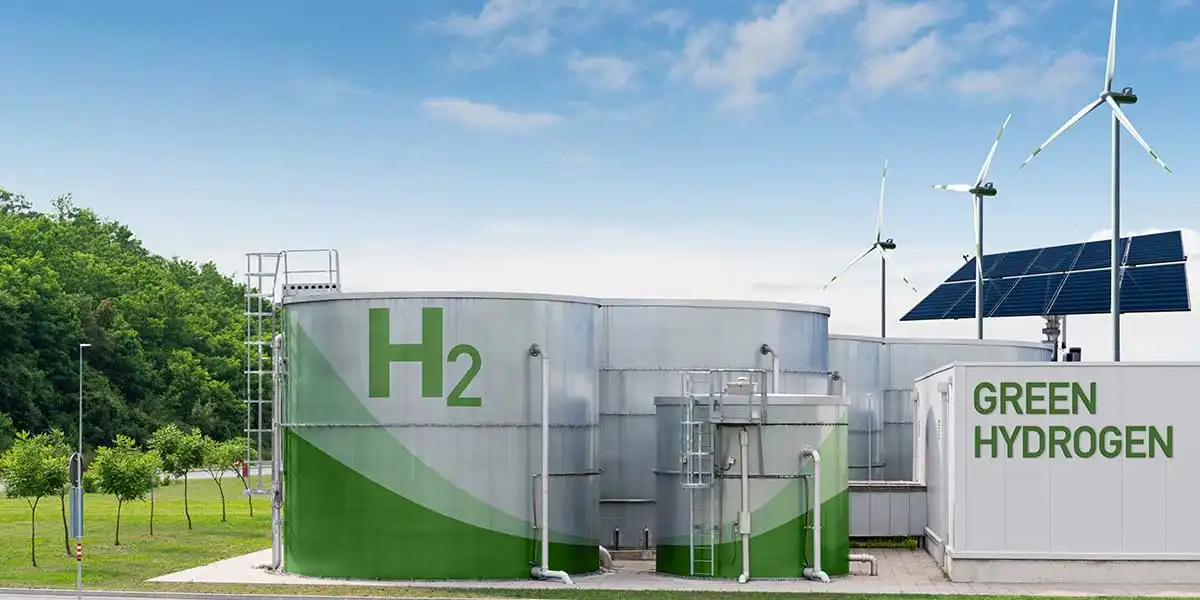-
Growing Demand for Zero-Emission Vehicles
Hydrogen trucks are becoming a cornerstone in the transition to sustainable transport. With stricter emission regulations worldwide, logistics companies are under pressure to replace diesel trucks with eco-friendly alternatives. Hydrogen fuel cell trucks offer a longer range and faster refueling time compared to battery-electric trucks, making them ideal for heavy-duty, long-haul applications.
-
Government Incentives and Policies
Many countries are offering subsidies, tax incentives, and infrastructure support to accelerate the adoption of hydrogen trucks. Regions such as Europe, North America, and the Asia-Pacific are investing heavily in hydrogen fueling stations, ensuring that companies can deploy fleets without range anxiety.
-
Strategic Investments by Major OEMs
Leading vehicle manufacturers are ramping up their research and development, as well as commercial production, of hydrogen trucks. Companies like Toyota, Hyundai, and Nikola are pioneering advanced fuel cell technologies, while logistics giants such as DHL and Amazon are testing hydrogen-powered fleets to reduce their carbon footprints.
-
Increasing Corporate Sustainability Initiatives
With the global focus on ESG (Environmental, Social, and Governance) goals, companies are prioritizing sustainable logistics. Hydrogen trucks enable corporations to significantly reduce greenhouse gas emissions, making them a key choice for sustainable supply chain solutions.
-
Technological Advancements in Hydrogen Fuel Cells
Recent innovations have made hydrogen fuel cells more efficient, durable, and cost-effective. Improved storage solutions and lightweight materials have enhanced truck performance, enabling longer trips and heavier cargo loads without sacrificing efficiency.
-
Expansion of Hydrogen Infrastructure
The availability of hydrogen refueling networks is a crucial factor driving market growth. Governments and private companies are building hydrogen stations along key transportation corridors, reducing downtime and making hydrogen trucks a viable option for large fleets.
7. Governments Are Betting Big on Hydrogen
From Europe’s Green Deal to the U.S. Inflation Reduction Act, policies worldwide are pumping billions into hydrogen infrastructure and subsidies. Countries such as Japan, South Korea, and Germany are already deploying hydrogen corridors to accelerate the adoption of hydrogen.
Final Thoughts
The hydrogen truck market is no longer a futuristic concept; it’s rapidly becoming a reality. From government incentives to corporate sustainability initiatives and technological breakthroughs, multiple factors are converging to accelerate the adoption of hydrogen-powered trucks. As the market grows from $3 billion in 2024 to an estimated $16.2 billion by 2029, businesses and investors who adopt this trend will gain a competitive advantage in the zero-emission transportation sector.
